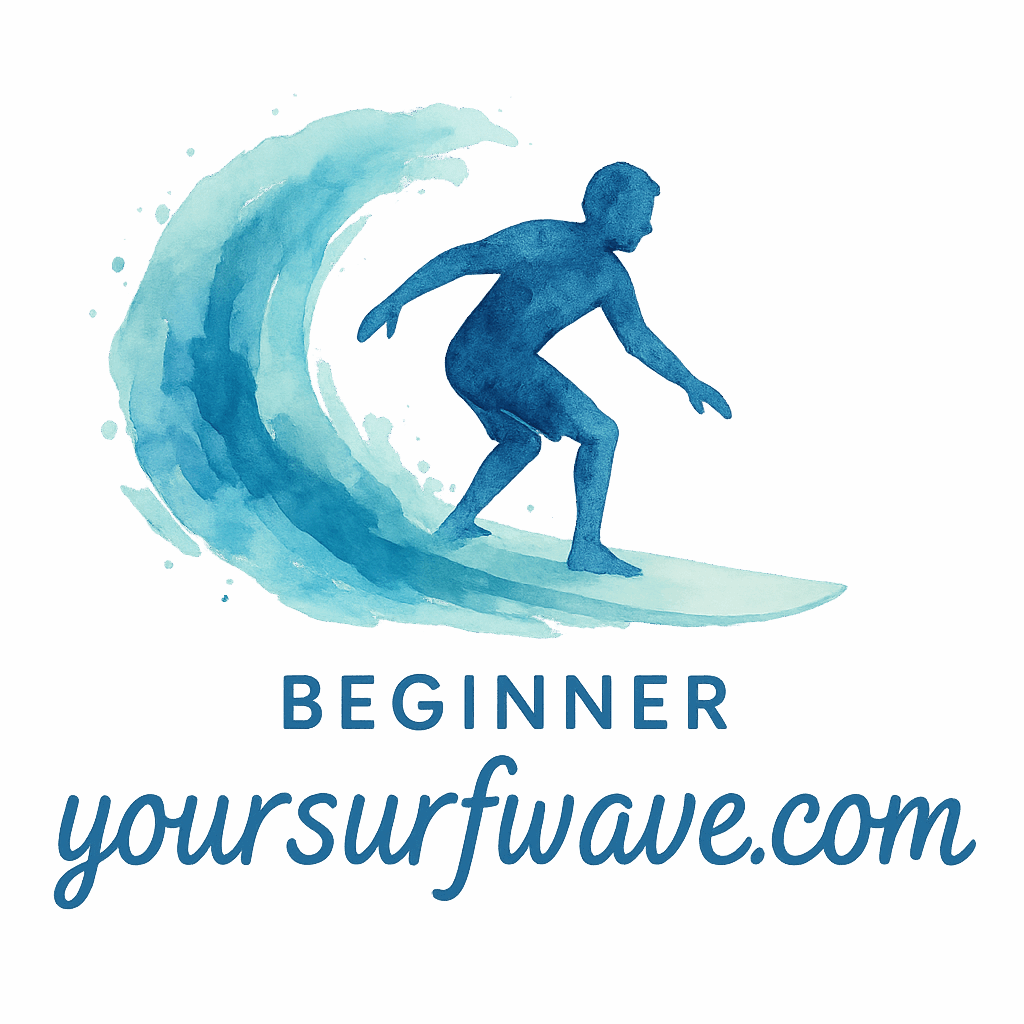Introduction to Surf Travel
Planning your first surf trip abroad? It’s exciting, liberating, and yes—a bit intimidating. Whether you’re a beginner who just learned to stand up on a board or someone looking to catch your first international wave, preparation is key. So let’s break down the essentials to help you plan a killer surf trip that’s safe, fun, and totally unforgettable.
1. Choose the Right Surf Destination
Research Wave Types and Skill Requirements
Not all surf spots are created equal. You don’t want to end up at Pipeline when you can barely paddle. Start by browsing beginner-friendly spots listed under Beginner Surf USA or Learn to Surf. Countries like Costa Rica, Portugal, and Bali offer gentle breaks perfect for newcomers.
Consider Climate and Seasonality
Timing is everything. Research the surf seasons of your desired location. You don’t want to show up during monsoon season or when the waves are flat. Check resources on Surf Destinations to figure out the best times.
Use Trusted Surf Location Resources
Use tools like Your Surf Wave’s Surf Locations and surf forecast apps to get detailed info about the spot.
2. Get the Right Travel Documents
Check Passport Validity and Visa Needs
Ensure your passport is valid for at least six months beyond your return date. Some countries require visas, so check ahead.
Vaccination and Health Preparations
Some destinations require vaccinations or health declarations. Research this early to avoid last-minute surprises. Consider browsing Beginner Wellness for tips on staying healthy while traveling.
3. Pack Smart with the Right Surf Gear
Essential Surf Equipment Checklist
Include items like surf wax, fins, leash, rash guards, and your board. A comprehensive packing list can be found in Surf Gear.
Travel-Friendly Surfboards
If you own a surfboard, make sure it’s travel-safe. If not, renting locally might be easier. Check out Beginner Surfboard reviews.
Don’t Forget Health and Safety Gear
Include sunscreen, a mini first-aid kit, and zinc cream. It’s about fun, but it’s also about being smart.

4. Know Your Surf Fitness Level
Prepare with Home Workouts
You don’t have to be a triathlete, but building your endurance helps. Try Indoor Exercises or Home Workouts a month before your trip.
Improve Paddle Endurance and Core Strength
Core workouts, planks, and swimming help you prepare. Surf Fitness has training plans to get you in shape.
5. Learn About Local Culture and Surf Etiquette
Respect Local Surfers and Rules
Locals appreciate visitors who respect their space. Learn the lineup order, don’t snake waves, and smile a lot.
Language Basics and Customs
Knowing how to say “hello,” “thank you,” and “good waves!” in the local language goes a long way.
6. Choose Accommodations with Surfer Needs in Mind
Proximity to Surf Breaks
Find places close to the surf. Walking to the beach beats long taxi rides.
Amenities for Surfers
Look for board storage, rinse stations, and surf reports in-house. Many Surf Lifestyle stays cater to surfers specifically.
7. Travel Insurance is Non-Negotiable
Why Surf-Specific Insurance Matters
Standard travel insurance might not cover board damage or surf-related injuries. Get coverage designed for surfers.
What to Look for in a Policy
Look for emergency medical, gear replacement, and trip cancellation coverage.
8. Plan Your Budget Wisely
Account for All Expenses
Factor in airfare, transport, meals, board rental, lessons, and unexpected costs.
Daily Budgeting Tips Abroad
Track your spending daily. Apps like Trail Wallet or simple spreadsheets do the trick.
9. Connect with the Surf Community Online
Use Surf Forums and Social Media
Facebook groups, Reddit threads, and Beginner Surfing communities offer real advice from real people.
Follow Local Surf Guides and Blogs
Find locals who post real-time wave updates or travel hacks. Many are listed on Surf Basics.
10. Be Ready for the Unexpected
Stay Flexible with Plans
Weather changes, boards break, waves disappear. Adaptability is your best tool.
Embrace the Adventure Mindset
This is about more than just surfing. It’s a life experience. Laugh off the hiccups and ride the highs—literally.
Conclusion
Planning your first surf trip abroad doesn’t have to be overwhelming. With the right mix of research, prep, and spontaneity, your trip can be one for the books. Keep safety and fun in balance, and always ride with a smile. For more travel tips and surf stories, explore Your Surf Wave.
FAQs
1. What is the best country for beginner surfers?
Countries like Costa Rica, Portugal, and Indonesia offer beginner-friendly waves and great surf culture.
2. Should I bring my own surfboard or rent one?
If you’re comfortable with your board and can safely transport it, bring it. Otherwise, renting is easier.
3. How do I find beginner-friendly surf spots abroad?
Use Surf Spots and Beginner Tips for location guides.
4. Do I need to be fit to go on a surf trip?
Some fitness is needed, especially for paddling and popping up. Visit Surf Fitness to get in shape.
5. How far in advance should I plan my surf trip?
Ideally, 3-6 months. This gives you time for gear prep, bookings, and fitness training.
6. Can surfing help my mental health?
Absolutely. Surfing is therapeutic. Learn more at Surfing Therapy.
7. What if I can’t surf every day during my trip?
No worries! Enjoy local culture, food, and try Indoor Exercise or wellness activities.


